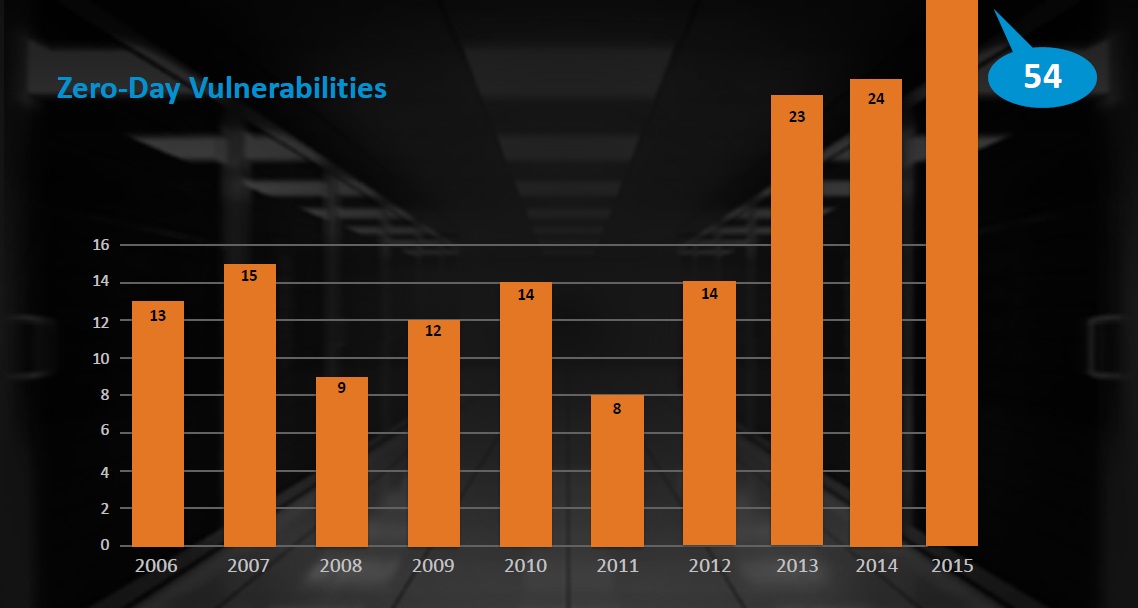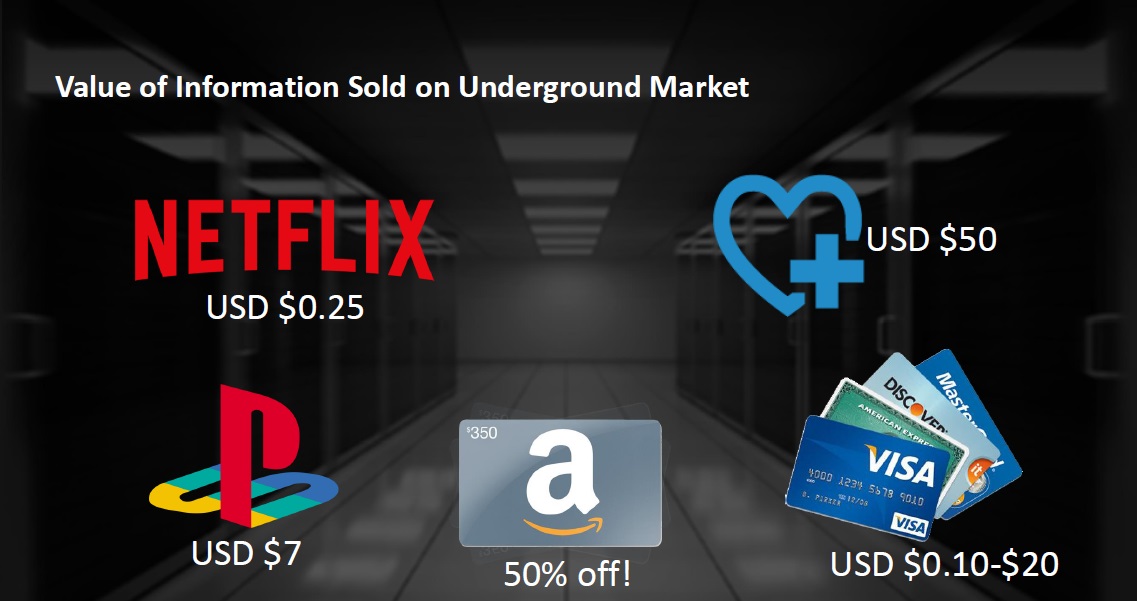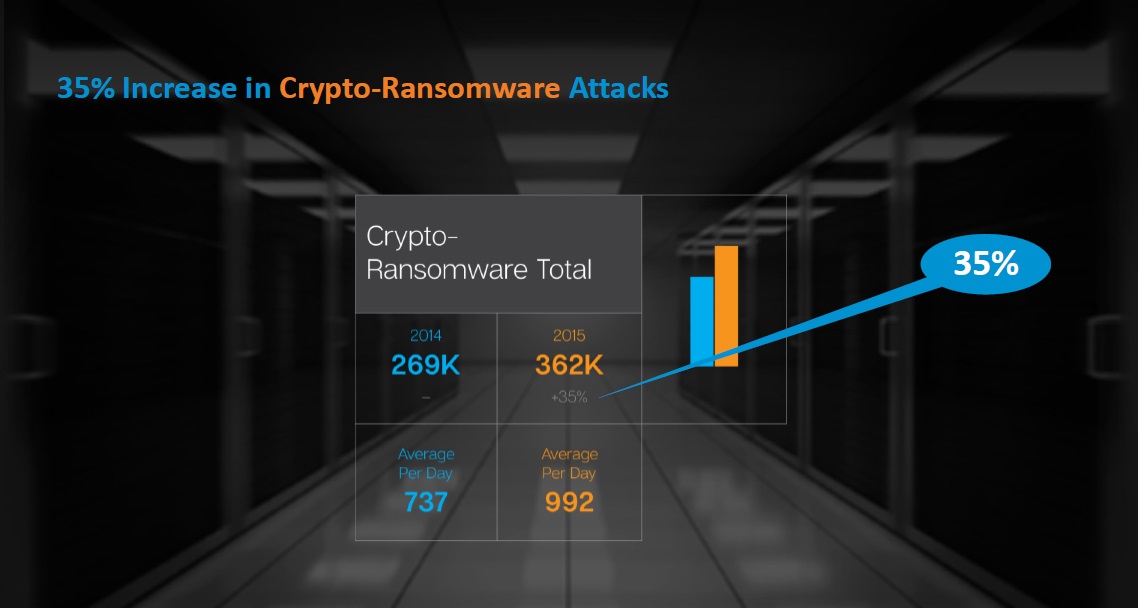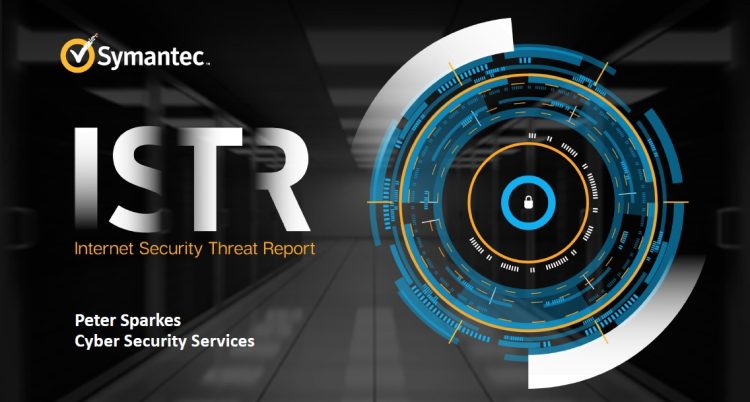Malaysia’s race to get everyone on the internet is having the unfortunate side effect of exposing more and more citizens to malware and social media scams. Symantec’s 2015 Internet Security Threat Report has revealed increasingly sophisticated and professional cybercriminals; many of which are reveling in the number of vulnerabilities and flaws in connected devices.
As far as social media scams go, Malaysians are some of the easiest targets. The country is ranked sixth in the Southeast Asian region, and 33 globally for these scams; showing just how readily people fall for these things.

To make matters worse, the number of zero-day vulnerabilities discovered in 2015 increased by an impressive 125-percent over the previous year. Symantec’s number put it at 54 zero-days discovered; although a number of these were revealed as a result of the Hacking Team breach.
The goal of cybercriminals in this age is monetary gain, and this also appears to be evolving with the times. While is it traditional for banking and financial information to be stolen, hackers have found that selling access to online accounts owned by others is just as lucrative – and is less likely to set law enforcement after them.

Crypto ransomware is also becoming one of the most sophisticated forms of malware available. Cybercriminals using this method have been discovered to be extremely professional; to the point of adopting business best practices, and even taking weekends and public holidays off.
Ransomware generally encrypts entire hard drives, making it impossible for the victim to access any information. The cybercriminals then demand payment – usually in the form of Bitcoin – to unlock the data and retrieve the data.

Malaysia has not been spared these attacks as Symantec recorded an average of 14 attacks per day in 2015. This has ranked Malaysia as 47th as the most vulnerable against ransomware in the world; although it is only ranked 12th in the region.
Symantec warns that the number of cyberattacks is only set to increase, especially as more connected devices enter the market. More internet connections generally means more possible attack vectors for cybercriminals, which only means that consumers must be more aware of just how vulnerable they are when it comes to technology.


